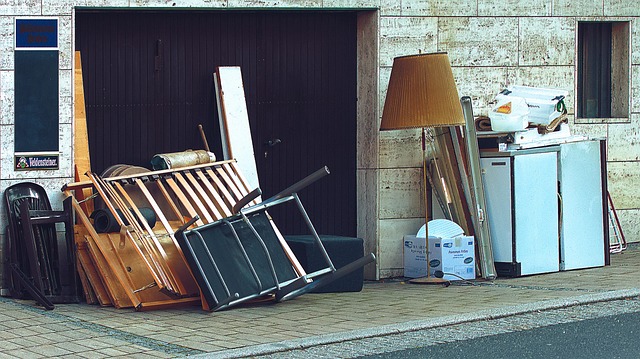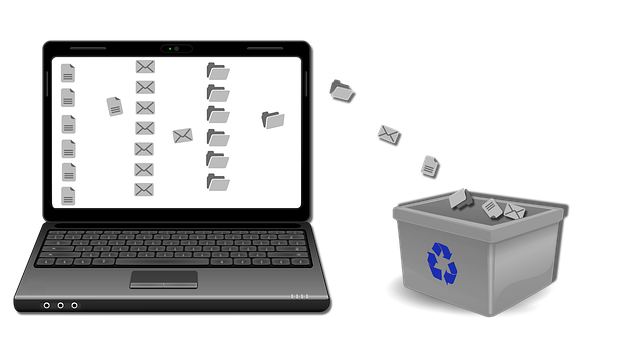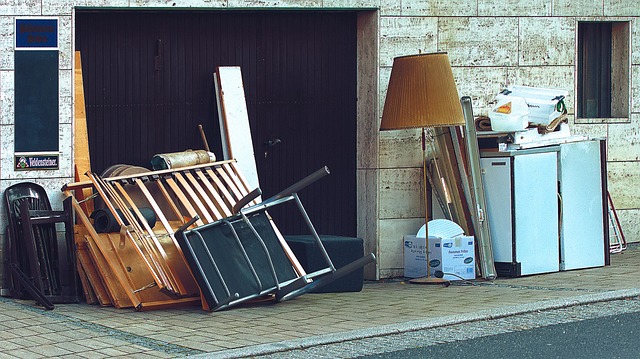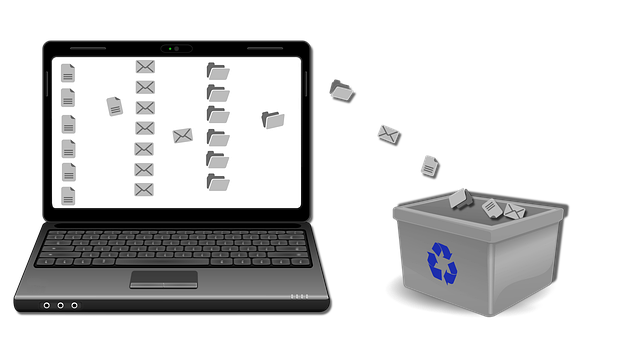A well-organized home is more than aesthetically pleasing; it's a powerful strategy for managing stress and boosting mental health. Cluttered spaces increase anxiety, while decluttering creates a calm environment, reducing cognitive strain and promoting tranquility. Implementing effective organization techniques, such as designated storage and regular decluttering, allows individuals to reclaim control over their living spaces, leading to lower stress levels and improved focus. Decluttering involves sorting, keeping, donating, recycling, or discarding items, establishing designated areas, implementing cleaning routines, and using storage solutions. Regularly going through possessions and letting go of non-essential items creates a calmer, more organized space that reflects personal values and enhances quality of life. Maintaining a neat home is an investment in mental well-being, simplifying routines, enhancing productivity, and positively impacting various aspects of daily life.
Organized homes aren’t just aesthetically pleasing; they significantly reduce stress levels, fostering a sense of calm and control. This article delves into the profound connection between home organization and mental well-being, offering practical tips for decluttering and transforming your spaces into havens of tranquility. We explore the long-term benefits of maintaining a neat and orderly environment, highlighting how this simple yet powerful practice can enhance your overall quality of life. Discover strategies to tackle clutter and reclaim your space today.
- Understanding the Connection Between Home Organization and Stress Reduction
- Practical Tips for Decluttering and Organizing Your Living Spaces
- The Long-Term Benefits of Maintaining a Neat and Orderly Home
Understanding the Connection Between Home Organization and Stress Reduction

A well-organized home is more than just aesthetically pleasing; it’s a powerful tool for managing stress and improving mental health. The connection between home organization and stress reduction lies in the profound impact of a tidy living space on our psychological well-being. Cluttered environments can contribute to heightened stress levels, as they create visual and mental overload. On the contrary, a decluttered home promotes a sense of calm and control, allowing individuals to navigate their spaces with ease.
When we live in a structured environment, we reduce the cognitive burden of searching for items or trying to manage chaos. This sense of order translates into reduced anxiety and improved focus. Home organization techniques, such as designated storage solutions and regular decluttering practices, empower individuals to take control of their surroundings, fostering a sense of empowerment and tranquility within their personal spaces.
Practical Tips for Decluttering and Organizing Your Living Spaces

Keeping a home organized is not just about aesthetics; it’s a powerful tool to combat stress and promote mental well-being. The process of decluttering involves letting go of items that no longer serve us, whether they’re broken, unused, or no longer relevant to our current lifestyle. Start by gathering like items together—clothes, books, papers—and decide what to keep, donate, recycle, or discard. This mindful practice helps in making decisions and creates a sense of control over one’s surroundings.
Practical tips for achieving home organization include establishing designated areas for each item, regular cleaning routines, and the use of storage solutions like baskets, boxes, or shelves. Create zones for different activities to avoid clutter at entry points; have specific places for keys, mail, and shoes. Embrace minimalism by considering if every item in your home serves a purpose and brings joy. Regularly go through possessions and ask yourself: Do I love this? Does it spark happiness? If the answer is no, consider letting it go. This consistent effort towards decluttering will result in a calmer, more organized living space that reflects your values and enhances your overall quality of life.
The Long-Term Benefits of Maintaining a Neat and Orderly Home

Maintaining a neat and orderly home goes beyond aesthetics; it’s an investment in your mental well-being. Over time, a structured living environment can significantly reduce stress levels. Cluttered spaces often contribute to mental overwhelm, making it harder to find things and creating a sense of disorganization that can increase anxiety. Conversely, organized homes foster a calm atmosphere, as everything has its place, simplifying daily routines and decision-making processes.
Home organization and decluttering are not one-time events but ongoing practices. The long-term benefits include improved focus, better time management, and enhanced productivity. A tidy home allows for clearer thinking, making it easier to prioritize tasks and reduce feelings of being overwhelmed. This sense of control over your surroundings can positively impact other areas of your life, contributing to a more balanced and stress-free lifestyle.
Organized homes not only enhance aesthetics but also significantly contribute to stress reduction. By implementing practical tips for decluttering and maintaining a neat and orderly space, individuals can create environments that promote mental clarity and overall well-being. The long-term benefits of such practices include improved mood, increased productivity, and a deeper sense of calm, making home organization a powerful tool for enhancing quality of life.
